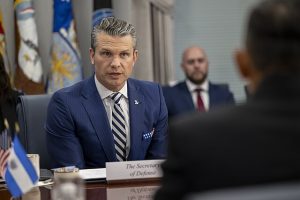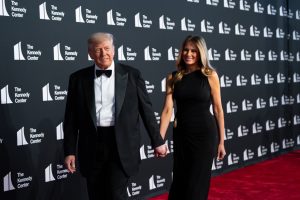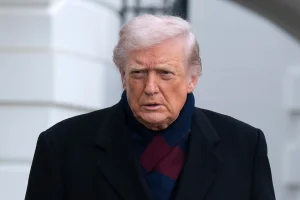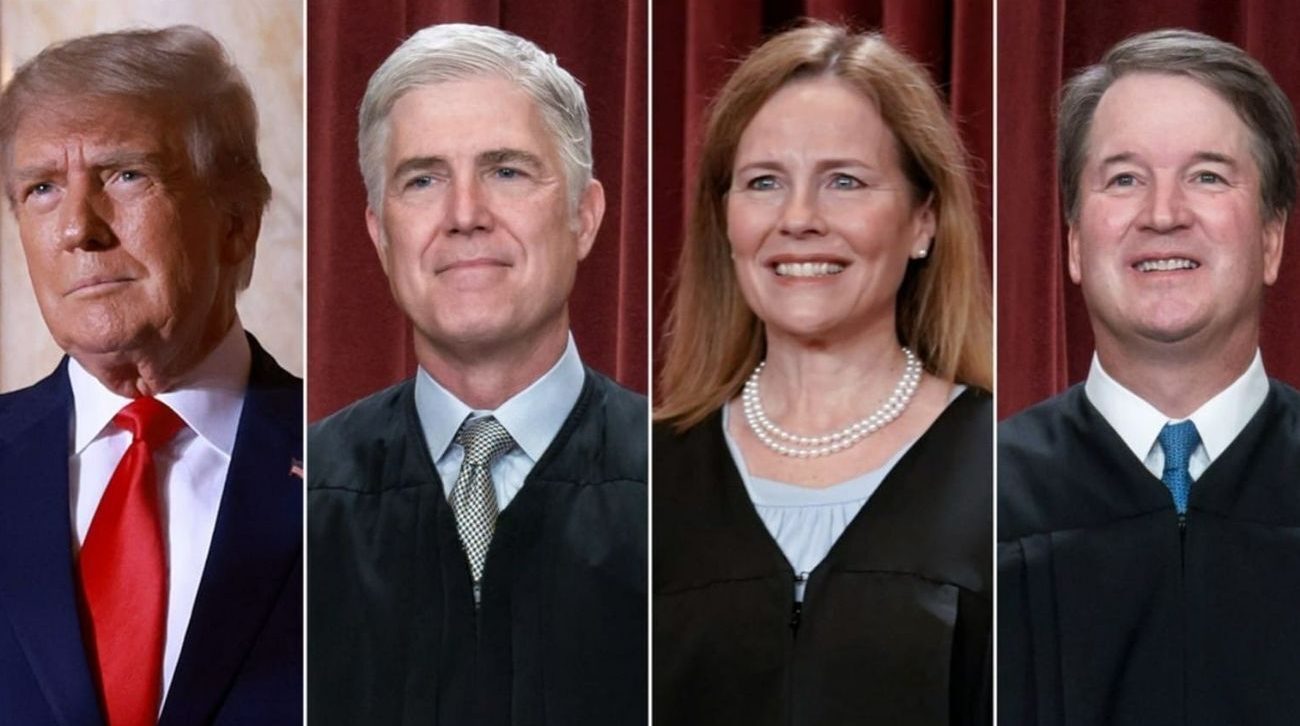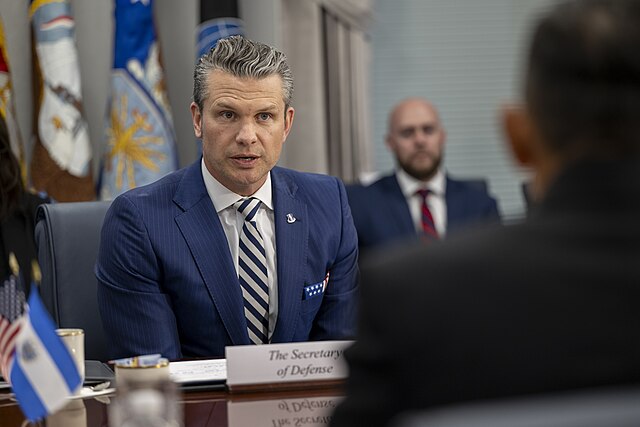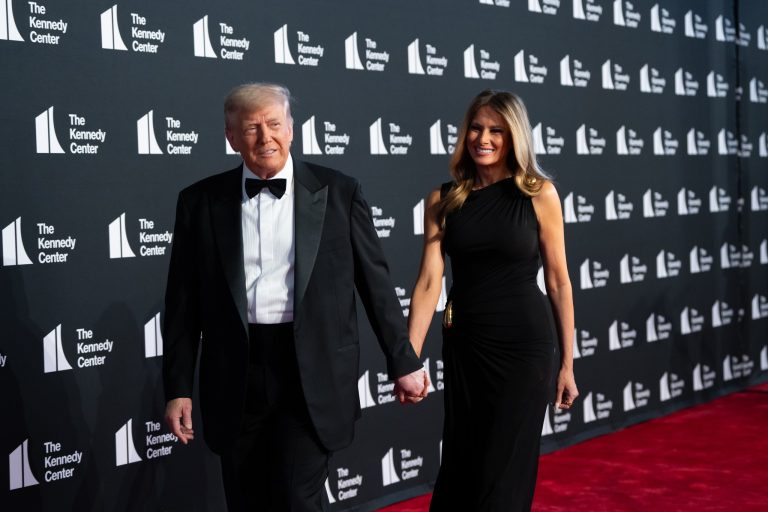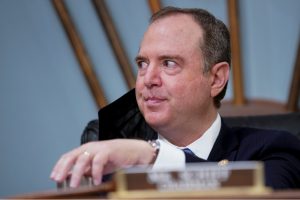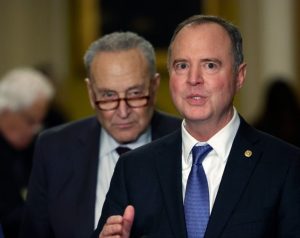The question of how far presidential power extends during moments of domestic unrest is once again before the U.S. Supreme Court, as President Donald Trump asks the justices to overturn lower-court rulings that blocked his order deploying National Guard troops to Illinois.
The emergency request, filed late Friday by Solicitor General D. John Sauer, marks one of the most consequential legal showdowns of Trump’s second term. It pits the White House’s interpretation of national security and executive authority against state sovereignty — and could reshape the boundaries of federal intervention in local crises.
The Roots of the Dispute
At the center of the conflict is a confrontation outside a U.S. Immigration and Customs Enforcement (ICE) facility in Broadview, Illinois, just west of Chicago. Federal officials say the facility, which processes detainees and coordinates immigration enforcement operations in the Midwest, has become the target of escalating demonstrations.
According to the Justice Department’s filing, “violent agitators have repeatedly obstructed access to a critical federal immigration facility.” The brief alleges that some protests have turned confrontational, with demonstrators blocking vehicle entrances and clashing with federal agents.
Illinois officials, however, have downplayed those claims, calling them exaggerated and politically motivated. They argue that the protests, while occasionally tense, have been largely peaceful and under control.
The dispute deepened after Trump signed an executive order earlier this month directing roughly 700 National Guard troops — 300 from Illinois and 400 from Texas — to the Chicago area. The deployment was to be carried out under Section 12406 of Title 10 of the U.S. Code, which allows the president to “federalize” a state’s National Guard if civil authorities are unable or unwilling to enforce federal law.
Legal Challenges and Lower Court Rulings
Illinois officials quickly challenged the order in federal court, accusing the president of overreach and misuse of emergency powers.
U.S. District Judge April Perry, a Biden appointee, blocked the deployment, ruling that the administration had not demonstrated sufficient evidence of “rebellion or obstruction” as required under the statute. “The record before the Court does not support the assertion that Illinois has lost control of its own law enforcement capacity,” Perry wrote.
The 7th U.S. Circuit Court of Appeals upheld the decision on appeal, concluding that the president’s authority to use the Guard does not automatically override state control without clear and documented breakdowns in public order.
“The executive’s power to ensure the faithful execution of the laws does not permit unilateral domestic military intervention absent compelling evidence of state incapacity,” the panel said.
The Administration’s Appeal to the Supreme Court
In response, Solicitor General Sauer urged the high court to stay the injunction, arguing that the lower courts “indefensibly minimized” the dangers faced by federal law enforcement personnel.
“The president’s order was lawful, necessary, and based on credible intelligence of organized obstruction,” Sauer wrote. “The Constitution and federal law require that the president protect federal property and personnel when state authorities fail to do so.”
The filing emphasized that local law enforcement “failed to respond adequately even when federal agents faced life-threatening violence,” forcing the administration to step in to “relieve federal officers diverted from critical duties.”
The Supreme Court gave Illinois and the city of Chicago until Monday to respond, setting up a fast-moving confrontation over presidential authority and the limits of federal power.
State Officials Push Back
Illinois Attorney General Kwame Raoul called the president’s move “an unjustified escalation.” In a statement, he said, “There is no rebellion here, and no justification for turning Illinois into a militarized zone.”
Raoul argued that the state’s National Guard is under the authority of the governor — not the president — except in the event of a bona fide insurrection or obstruction of federal law that local agencies cannot manage.
Governor J.B. Pritzker echoed that sentiment, calling the deployment “a federal intrusion into state affairs under the guise of law enforcement.”
State officials contend that the administration’s claim of “domestic rebellion” amounts to a rebranding of civil protest as national security unrest — a move that, if upheld, could set a precedent for future federal military actions within the United States.
A Broader Pattern of Executive Authority Tests
This case is one of several legal disputes testing the boundaries of executive power in Trump’s second term. Similar challenges have emerged in Oregon and California, where the administration has sought to deploy troops in response to anti-ICE demonstrations and border enforcement protests.
A federal judge in Oregon temporarily blocked a similar deployment to Portland, while the 9th Circuit Court of Appeals allowed one in Los Angeles to move forward earlier this summer, citing what it called a “credible and immediate threat” to federal operations.
In each instance, the administration has argued that it is acting to uphold federal law where state authorities have “failed or refused to maintain public order.” Critics counter that such actions risk blurring the line between military defense and civilian law enforcement — a line historically protected by the Posse Comitatus Act, which restricts the use of federal troops for domestic policing.
Historical and Legal Context
The question of whether the president can use military forces within the United States without a state’s consent has been a recurring constitutional flashpoint.
Past presidents have invoked similar powers in moments of extreme crisis — from Eisenhower’s 1957 deployment of troops to enforce school desegregation in Arkansas, to George H.W. Bush’s 1992 intervention during riots in Los Angeles.
However, legal scholars note that such precedents typically involved circumstances where state authorities explicitly requested help or were unable to restore order. Illinois, by contrast, maintains that it has both the capacity and the will to manage local unrest.
“The courts will be weighing the balance between two fundamental principles — the president’s duty to execute federal law and the states’ constitutional control over their own militias,” said Professor Kimberly Wehle, a constitutional law expert at the University of Baltimore. “The Supreme Court’s decision could redefine how those powers coexist in the modern era.”
What’s at Stake for Both Sides
For the Trump administration, the stakes extend far beyond Illinois. A ruling in the president’s favor could significantly expand executive authority to act unilaterally in domestic crises, setting a precedent for future interventions in matters ranging from border security to protests at federal facilities.
For states, however, a ruling upholding Trump’s order could erode a core principle of federalism — the right of local governments to control their own National Guard units except in cases of genuine insurrection or invasion.
“It’s not just about Chicago,” said Wehle. “It’s about who gets to decide when a local disturbance becomes a national emergency.”
The Political Climate
The case arrives amid a volatile national atmosphere, where debates over immigration, law enforcement, and presidential power are sharply polarized.
Supporters of the administration argue that the federal government has a constitutional duty to protect its facilities and personnel, particularly when state officials “look the other way.” Critics warn that using the National Guard in politically charged situations risks militarizing dissent and undermining civil liberties.
Recent polling from Reuters/Ipsos found that 52% of Americans believe presidents should have limited authority to deploy the military domestically, while 41% say presidents should have broad powers in “extraordinary circumstances.”
Awaiting the Supreme Court’s Response
As of Friday night, the Supreme Court had not indicated whether it would hold oral arguments or issue an expedited ruling. Legal observers expect the justices could respond within days, given the urgency of the administration’s request and the ongoing protests in Illinois.
A decision to allow or block the deployment could arrive as early as next week — with profound implications for both the scope of presidential power and the balance of federal-state relations.
“This is a defining test of executive authority in the 21st century,” said constitutional attorney Harmeet Dhillon. “Whatever the Court decides will echo through future administrations, Democrat and Republican alike.”
Until then, both sides brace for a ruling that could either reaffirm the limits of federal power or dramatically expand them — a decision that may alter how the nation’s leaders respond to domestic unrest for decades to come.

James Jenkins is a celebrated Pulitzer Prize-winning author whose work has reshaped the way readers think about social justice and human rights in America. Raised in Atlanta, Georgia, James grew up in a community that instilled in him both resilience and a strong sense of responsibility toward others. After studying political science and creative writing at Howard University, he worked as a journalist covering civil rights issues before dedicating himself fully to fiction. His novels are known for their sharp, empathetic portraits of marginalized communities and for weaving personal stories with broader political realities. Jenkins’s breakout novel, Shadows of Freedom, won national acclaim for its unflinching look at systemic inequality, while his more recent works explore themes of identity, resilience, and the fight for dignity in the face of oppression. Beyond his novels, James is an active public speaker, lecturing at universities and participating in nonprofit initiatives that support literacy and community empowerment. He believes that storytelling is a way to preserve history and inspire change. When not writing, James enjoys jazz music, mentoring young writers, and traveling with his family to explore cultures and stories around the world.
